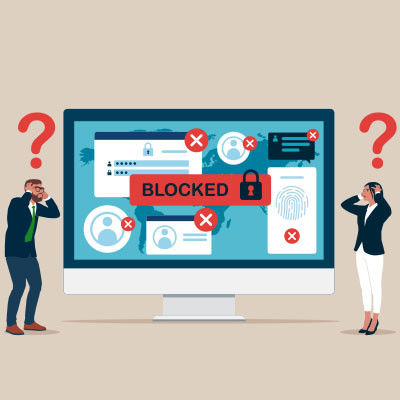Your business' IT security effectiveness relies heavily on how well your technology works. With this in mind, educating your staff on their responsibility to safeguard your business’ digital assets is important. Let’s explore the key priorities businesses need to consider to establish a robust security training platform that works to protect those assets.
Network Synergy Blog
Productivity is the metric every business uses to determine the health of their business, how their employees are working, and how projects are being handled. Some organizations have found it helpful to gamify their productivity to incentivize efficient and thorough individual and team performance. Let’s take a look at gamification, why it is so effective as a strategy, and some of the pitfalls that it can cause.
Every business has different types of workers; often to management’s chagrin. Ideally, all of an organization’s workers would be enthusiastic about their jobs and the status of a business as a whole. Unfortunately, people don’t always have like minds about the state of things and can see their morale reduced and their productivity wane.
For years, we’ve heard about how machines are coming for our jobs. We may even know some people who have been replaced by machines of some sort. This has given workers an overarching fear that once the machines are smart and capable enough to do what they do, that they will be out on their cans with few real options. This is mostly a fallacy. Today, we will explore the notion that machines are out for our jobs and how they may actually work to make our jobs better.
Getting your staff to care about your organizational network and data security may be more difficult than you might think, but it’s not a lost cause. Today, keeping your business’ organizational security strong relies heavily on your staff’s willingness to follow the right practices, so today we thought we’d give you seven tips to get your people to care about security
Cyberattacks can cost businesses a lot of money. They’re also more prevalent today than ever before. It seems you can’t go a couple of news cycles without hearing about some organization that has been hacked or scammed and it’s resulted in the sensitive data the organization holds being sold online, vast operational downtime, or worse. For this reason, many organizations have deliberately built up their cybersecurity infrastructure, enhanced their policies, and invested in training to ensure that they aren’t the next victim. Unfortunately, this attention doesn’t always work.
It seems as though every business is depending more and more on their IT. This means that their employees have more exposure to their IT systems. Unfortunately, that relationship is where the majority of the problems you will have are. The facts are that any business that has built a strong security policy has the solutions in place to keep direct infiltration from happening. Hackers have to find another way.
One of the most - if not the most - critical resource your business relies upon is your workforce. Your employees are what keep your operations, well, operational. As a result, they are one of your most important resources to maintain as well. They are human beings, and without the correct treatment and management, even your best employee could burn out.
Organizations that have a workforce outside of their normal office location are presented with a unique challenge. In the case of remote employees, businesses have to figure out how to keep them connected to the workplace, productive with their time, and part of the organization’s culture. This week’s tip is dedicated to helping your organization’s remote workers become more successful--or, specifically, how you can help them be successful.












